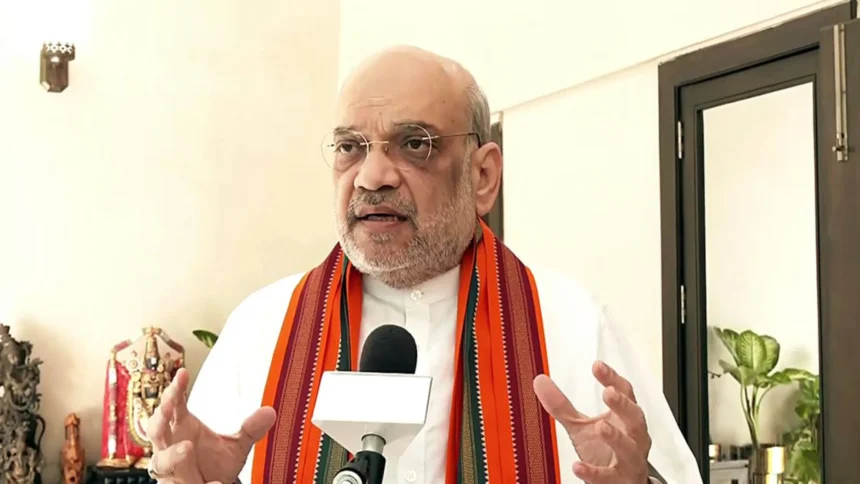In a recent statement, Union Home Minister Amit Shah made assertions regarding the issue of infiltration in West Bengal under the governance of the Trinamool Congress (TMC). This statement, made during a roadshow in the Malda South constituency, encapsulates concerns regarding the security and demographic landscape of the state. However, it is imperative to delve deeper into the complexities of this issue, scrutinizing the claims made by Mr. Shah and evaluating the broader socio-political context surrounding the contentious topic of infiltration.
Unpacking the Allegations
Amit Shah’s assertion of infiltration continuing unabated under the TMC regime carries significant implications, both politically and socially. By alleging that the TMC government has failed to address the issue effectively, Shah implicitly positions the Bharatiya Janata Party (BJP) as the alternative capable of tackling this purported crisis. Furthermore, his reference to Chief Minister Mamata Banerjee’s opposition to the Citizenship Amendment Act (CAA) adds another layer of contention to the discourse.
Contextualizing the Claims
To comprehensively assess the veracity of Shah’s claims, it is essential to contextualize the issue of infiltration within the broader socio-political landscape of West Bengal. Historically, the state has grappled with demographic shifts and migration patterns, owing to its geographical proximity to neighboring countries and its rich cultural tapestry. Additionally, the politicization of issues such as citizenship and immigration has contributed to a charged atmosphere, with different parties espousing contrasting ideologies and approaches.
Analyzing the Situation
While allegations of infiltration merit serious consideration, it is crucial to approach them with a nuanced understanding of the ground realities. Factors such as porous borders, economic disparities, and geopolitical dynamics play pivotal roles in shaping migration patterns. Moreover, attributing the phenomenon solely to the governance of a particular party oversimplifies a multifaceted issue.
Examining the Role of Legislation in
A key point of contention highlighted by Amit Shah is the Citizenship (Amendment) Act, which has been a subject of fervent debate and dissent. The Act, which offers citizenship to persecuted minorities from neighboring countries, has been criticized for its exclusionary nature and potential implications for communal harmony. Mamata Banerjee’s opposition to the CAA reflects broader concerns regarding its implications for the social fabric of West Bengal.
The Road Ahead of Elections in West Bengal
As West Bengal gears up for the upcoming elections, the issue of infiltration is likely to feature prominently in political discourse. However, it is imperative for stakeholders to move beyond rhetoric and engage in constructive dialogue aimed at addressing the root causes of migration and fostering inclusive policies. By fostering a climate of mutual understanding and cooperation, it is possible to navigate the complexities of this issue and work towards sustainable solutions.
In conclusion, while Union Home Minister Amit Shah’s allegations regarding infiltration in West Bengal under the TMC regime warrant attention, a comprehensive understanding of the issue necessitates an exploration of its multifaceted dimensions. By contextualizing the claims within historical, political, and socio-economic frameworks, it becomes evident that addressing the issue requires a holistic approach that transcends partisan divides. As the state navigates the electoral landscape, fostering dialogue and embracing inclusive policies remain imperative in charting a path towards sustainable solutions.


Leave a Reply